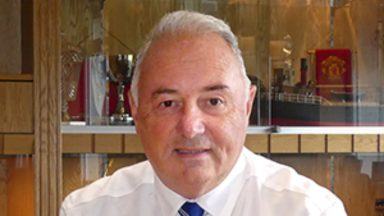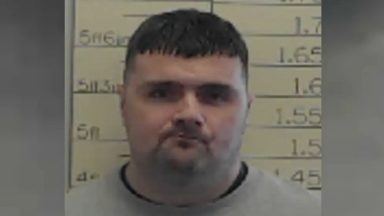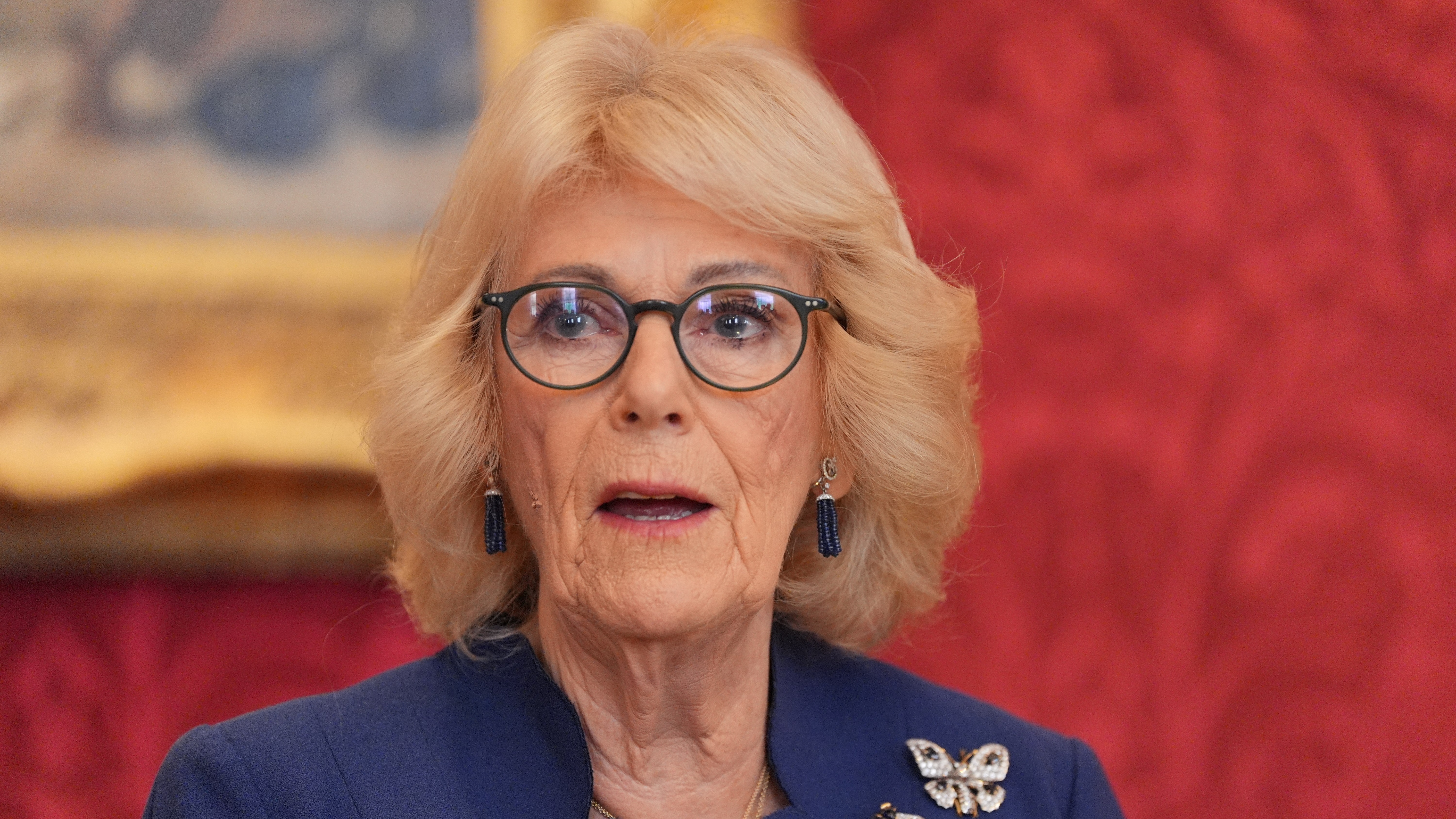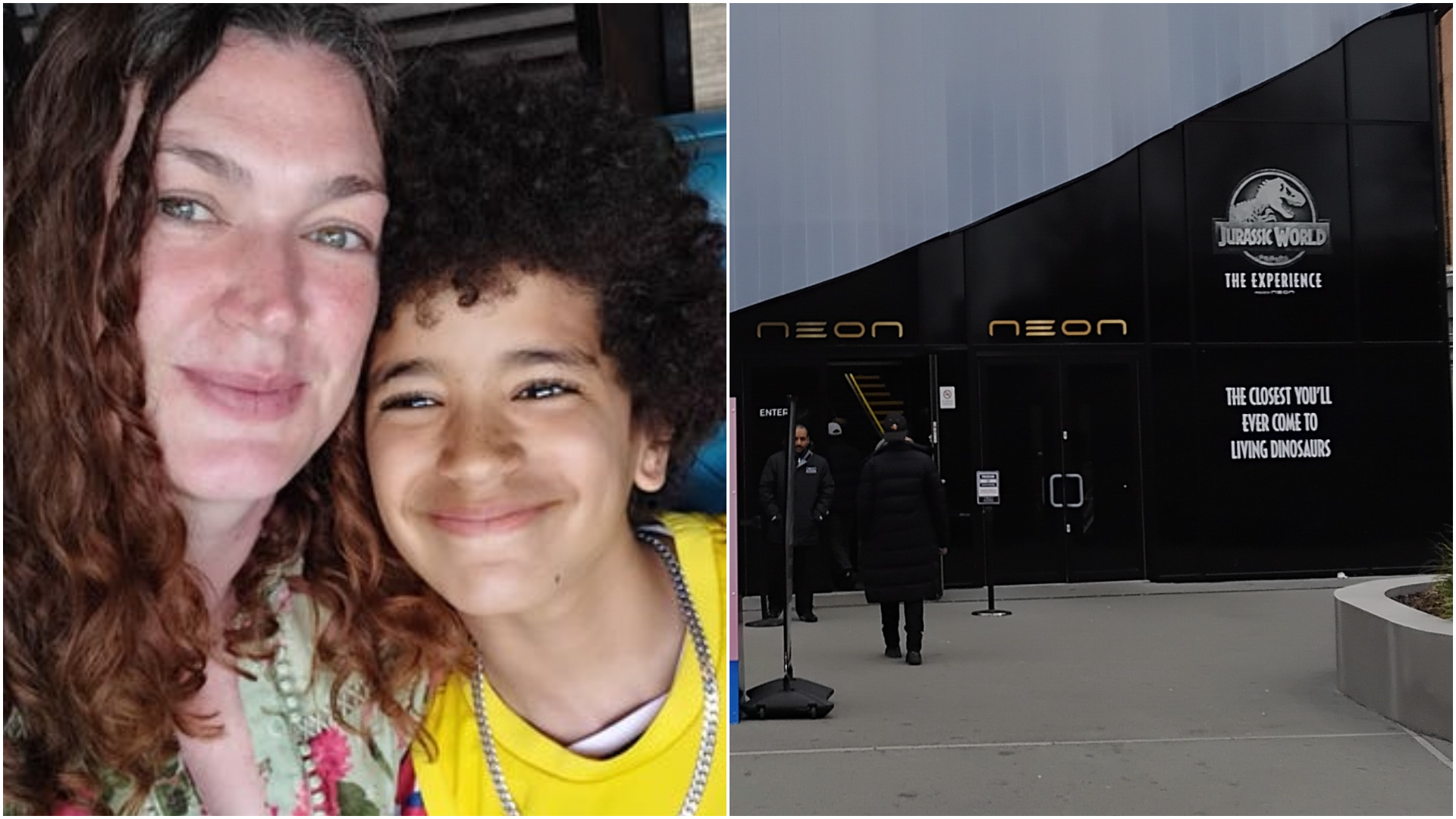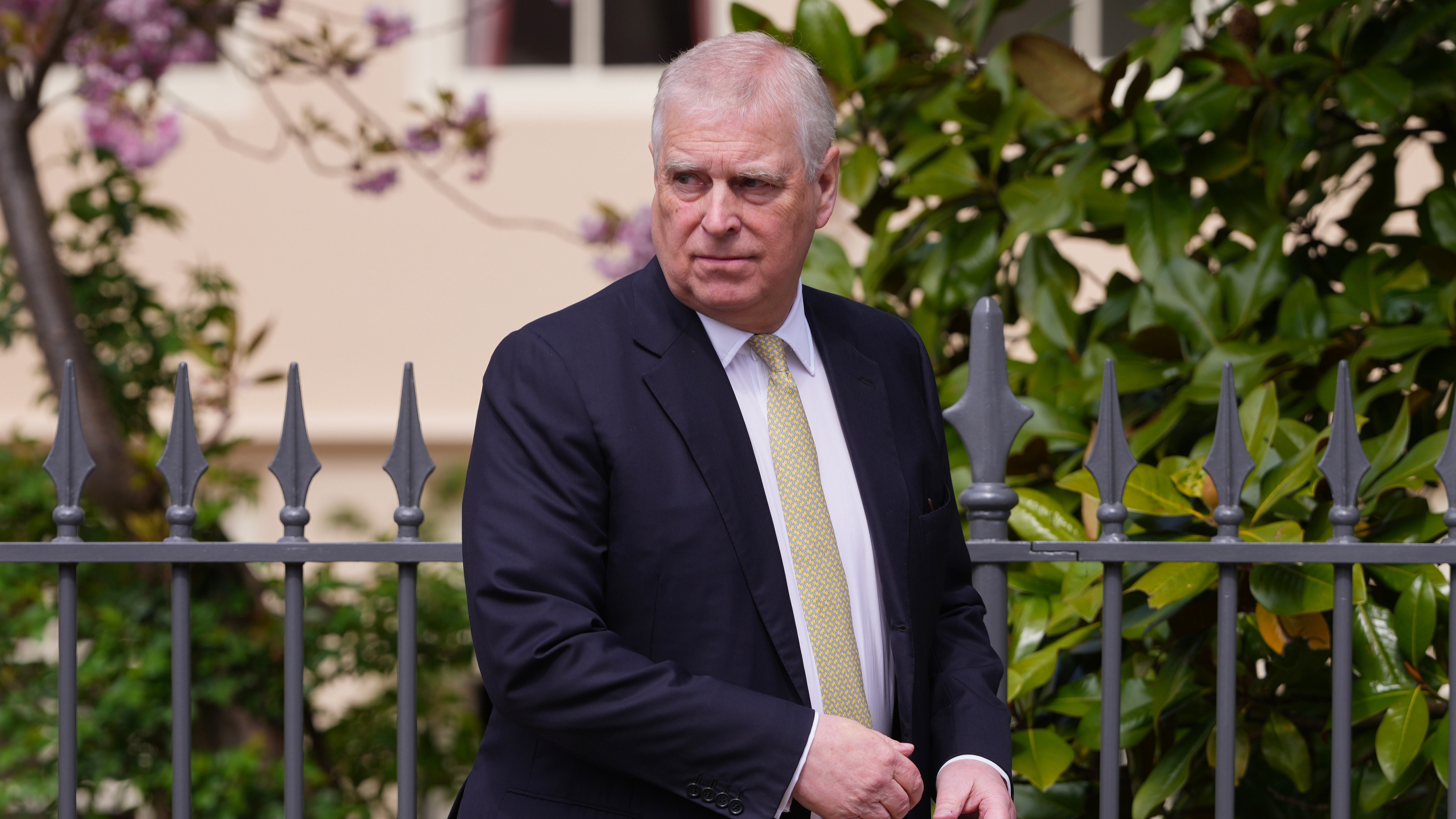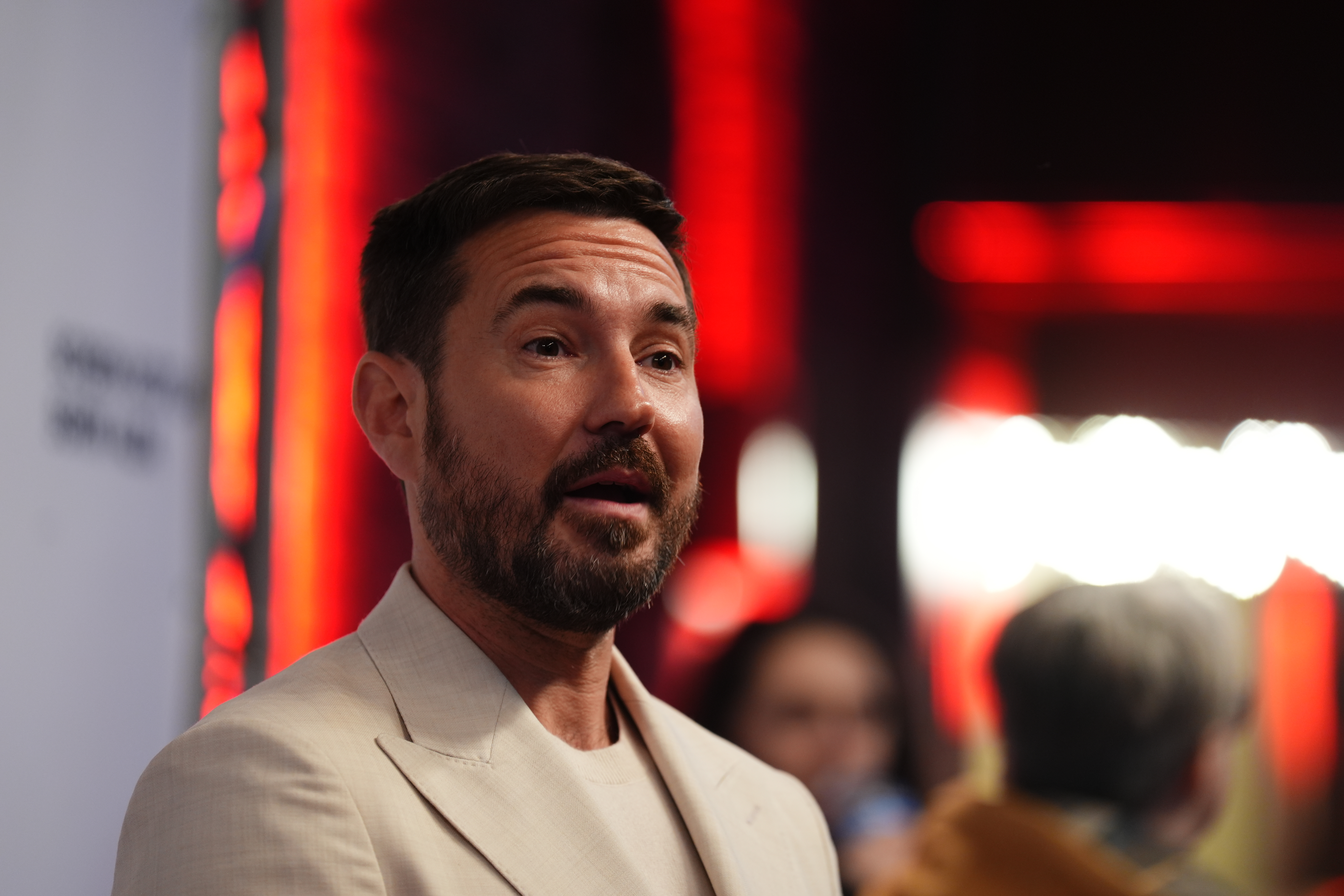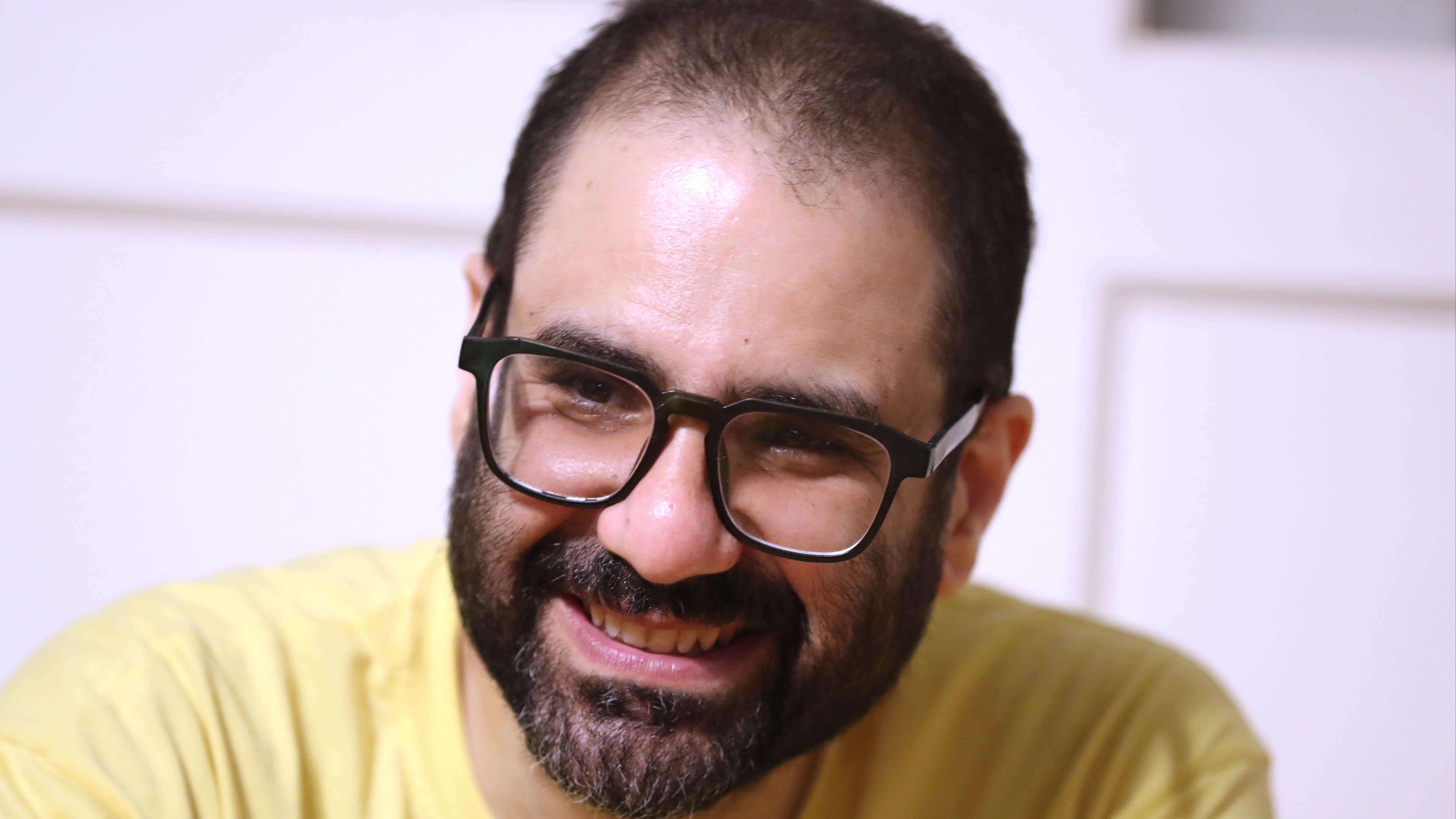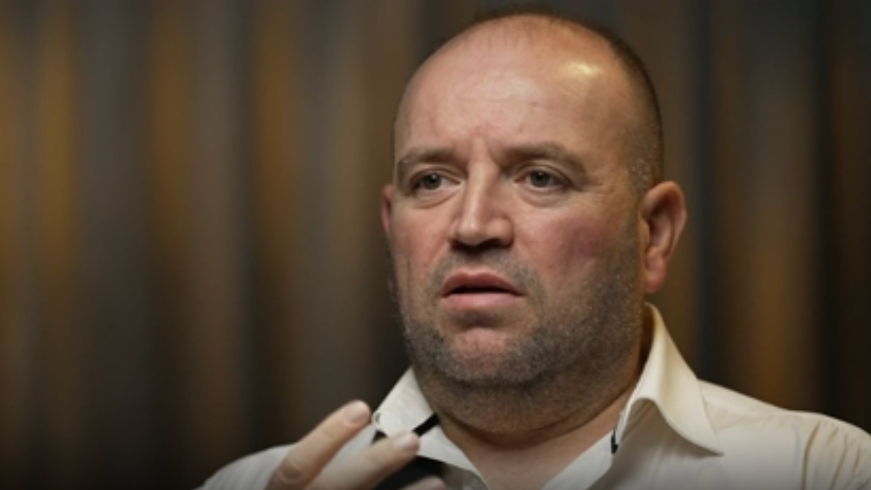A teenage girl who underwent a rare operation in children, which saw medics store part of her skull in her stomach, has re-learned how to walk, talk and swallow.
Ellie Morris-Davies, now 16, suffered from a brain bleed caused by a cavernoma – a cluster of abnormal blood vessels that resembles a raspberry – which does not often have symptoms.
She had nine surgeries in the space of 13 weeks last year and feared she would “never go home” from hospital.
Her mother Joanne Morris-Davies, 48, said her daughter is now working “relentlessly” to get back to her passion of dancing and performing on stage.
During the May half-term holiday in 2024, Ellie, then 15, started suffering from persistent headaches and nausea and became sensitive to light.
She initially thought she had a common sickness bug, but by the end of the week, she was vomiting up to 16 times a day.
Following blood tests and an MRI, it was discovered Ellie had a bleed on her brain caused by a cavernoma.
The condition does not always cause symptoms, but when it does, they can include seizures, headaches and other neurological problems such as dizziness and slurred speech.
According to the NHS, about one in every 600 people in the UK is living with symptomless cavernoma.
Each year, about one person in every 400,000 is diagnosed with a cavernoma that has caused symptoms, which usually develop between the ages of 20 and 40.
It is unclear what causes the condition, but it can sometimes run in families.
“I’d never heard of cavernomas,” Mrs Morris-Davies, who is from Crewe, told the PA news agency.
“When we went to A&E, I was just hoping it was just a bad migraine.
“We didn’t know how long it had been there, they said they thought it had been there a while.”
Ellie was transferred to Alder Hey Children’s Hospital in Liverpool where she underwent surgery.
However, the risk of further bleeds remained high, so surgeons performed a decompressive craniectomy.
This involves removing part of the skull to relieve pressure and storing it in the patient’s own stomach in order to keep it sterile before it can be reinserted.
Asked if the procedure is usually performed on children Ellie’s age, Benedetta Pettorini, consultant paediatric neurosurgeon at Alder Hey, told PA: “Luckily not, but in some selected cases that’s the only way to save their lives.”
The hospital’s specialist medics have performed fewer than 20 neurosurgeries for cavernomas in the last four years.
Ms Pettorini added: “The operation in itself, which is taking the skull away, is not risky per se.
“What is risky is why you do it. So you usually end up doing it in very critical patients, like Ellie was at that time.”
Despite the life-saving procedure, Ellie deteriorated further and was rushed to intensive care.
Overall, she had nine surgeries in the space of 13 weeks. She also contracted rare and dangerous infections.
Miss Pettorini told PA the number of operations was down to the cavernoma, which was causing more swelling on the brain.
Afterwards, Mrs Morris-Davies said Ellie could not move the left side of her body, could not talk, and was communicating with a thumbs up or down.
She added: “In that time she’s had physio every day. But it was after seven weeks of not walking she had a bit of movement in her leg.
“Her digits and fingers have been the last to get going, but she’s relearned to walk, talk and swallow.
“She’s quite a headstrong, driven kid. We’re just now working on physio relentlessly.”
The treatment involves one on one sessions with Ellie’s dance teacher.
The teenager has been performing and dancing since she was three, appearing in pantomimes and in shows on the West End.
“That’s her goal, to get back,” Mrs Morris-Davies said.
“Even after the first surgery when she wasn’t talking, Taylor Swift was playing in Liverpool and the nurses were playing her songs on her iPad.
“She was trying to do a little jiggle in the bed. I knew she was still Ellie.”
Ellie recently returned to the stage to sing in a show with her dance class, which her mum described as an “emotional night”.
Ellie added: “At one point, I thought I would never go home. But the staff on ward 4A really looked after me and kept my spirits up.
“There are still things I can’t do, and it’s frustrating, but I know I’ll get there. I can’t wait to be back on stage, singing and dancing.”
Mrs Morris-Davies said that while Ellie has lost a lot of confidence, she will not let this experience beat her, adding: “She’s the most determined person.”
She also said the family are “eternally grateful to the neurosurgery team who saved her life”.
Ellie’s friends are now fundraising to secure her a spot on an intense therapy programme in London this summer.
Miss Pettorini added: “I think having a family that understands the challenges, understands what you’re doing, understands the gravity, makes things much, much better for all involved.
“They have supported her brilliantly during her recovery. She’s the coolest girl.
“Literally, she’s full of life. It was a privilege to look after her.”
Follow STV News on WhatsApp
Scan the QR code on your mobile device for all the latest news from around the country


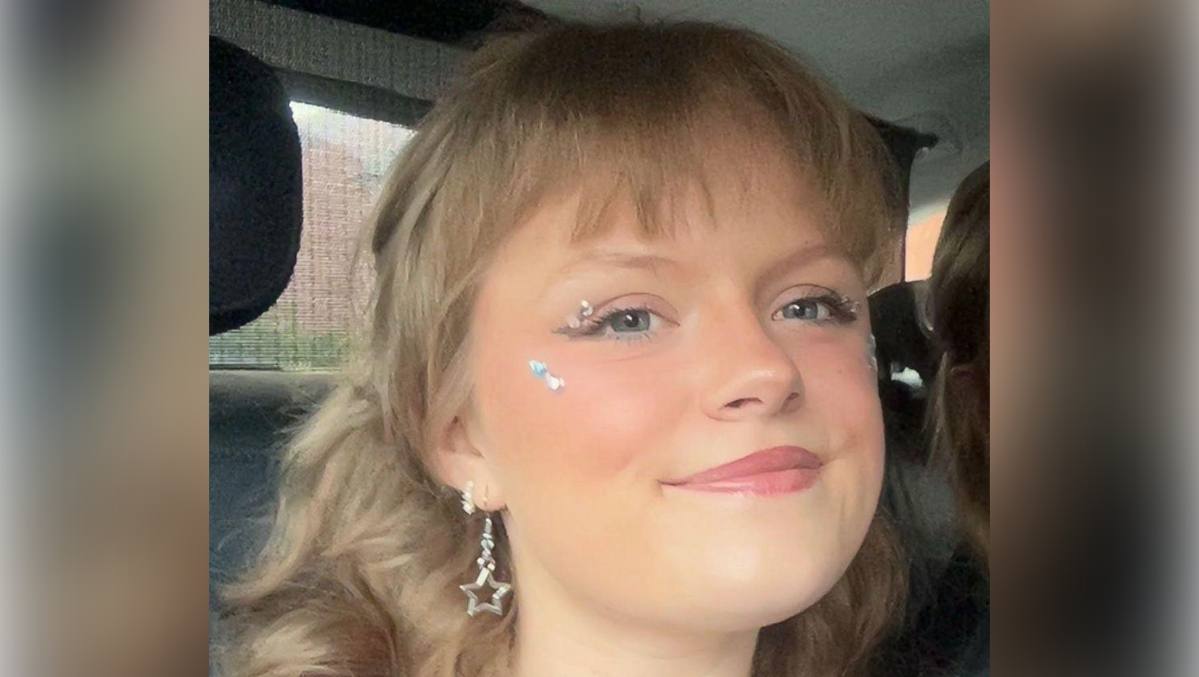 Alder Hey Hospital
Alder Hey Hospital







